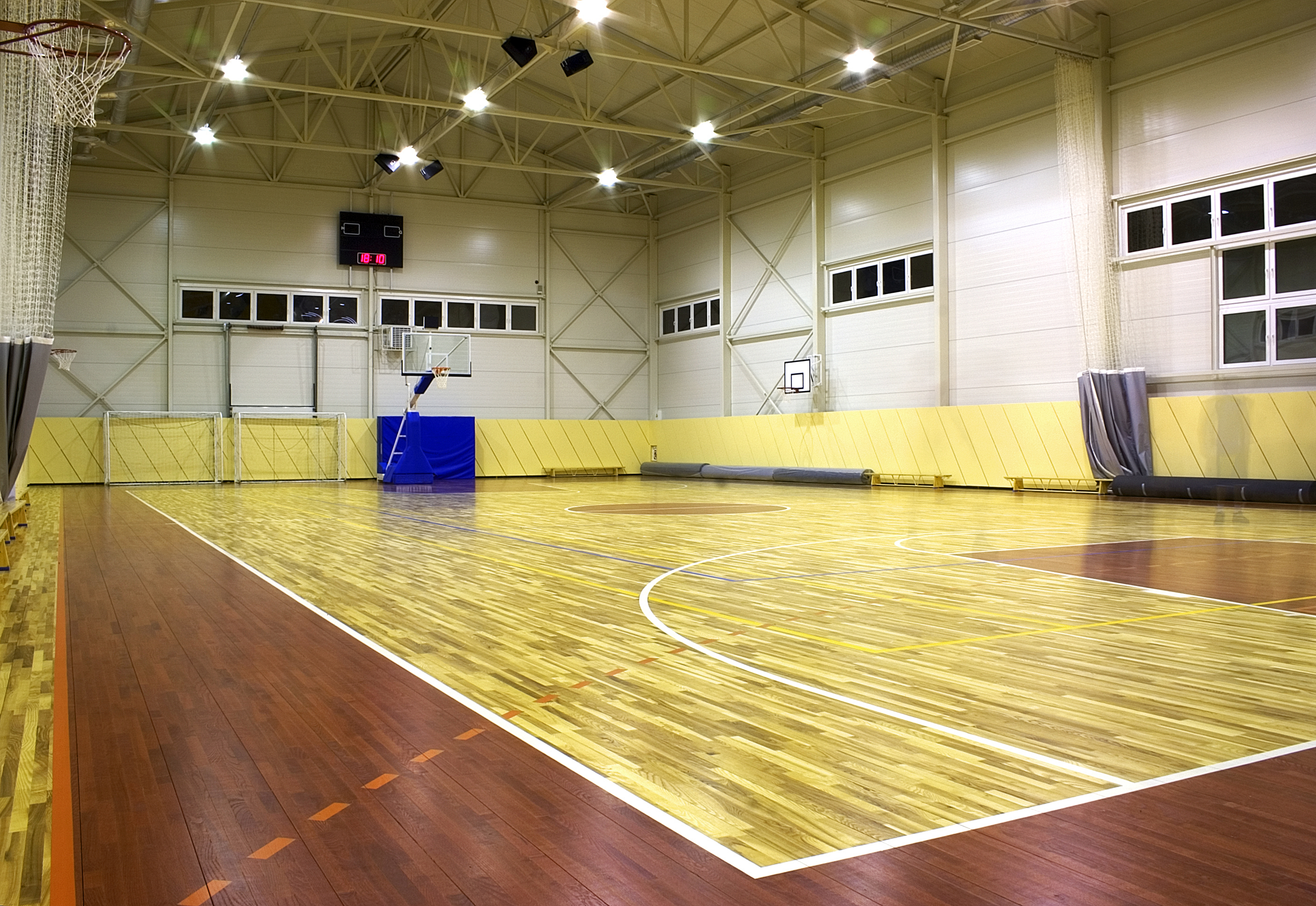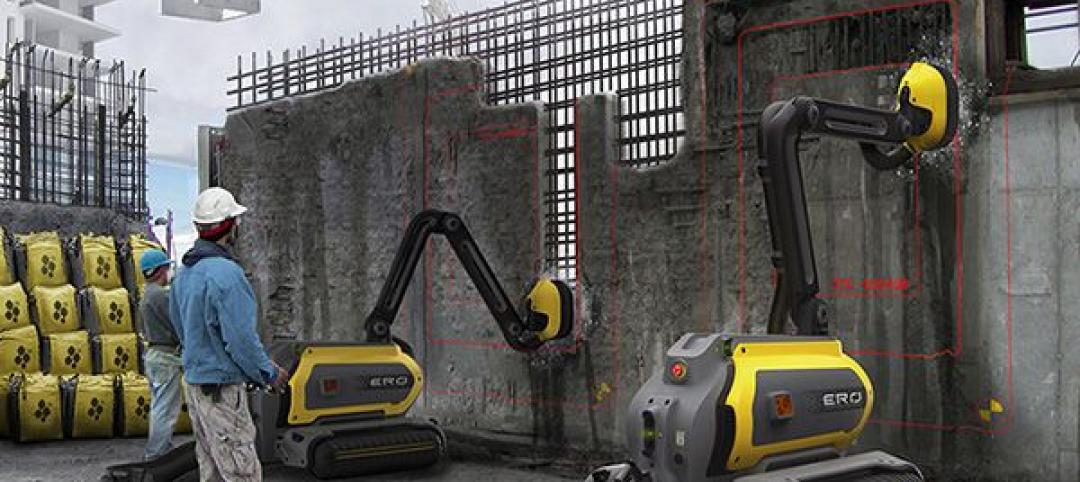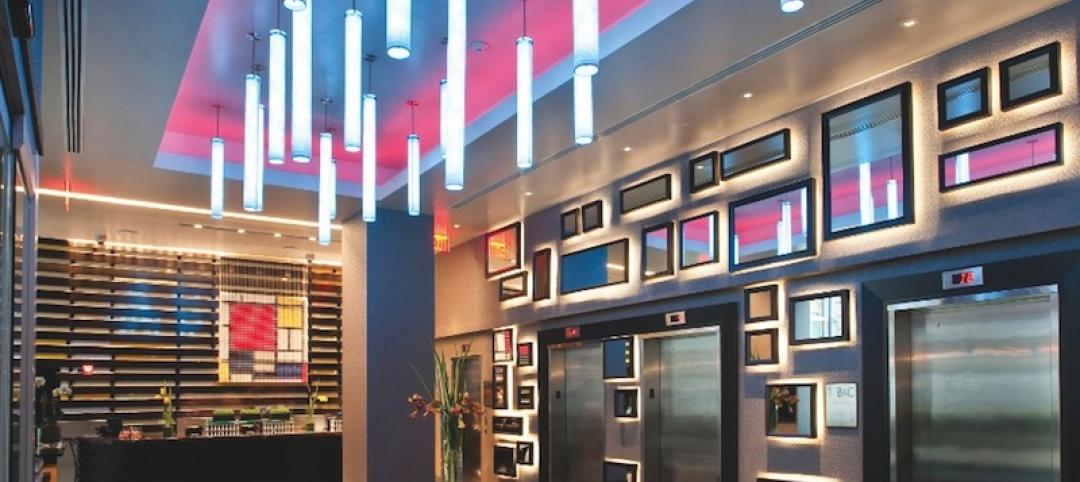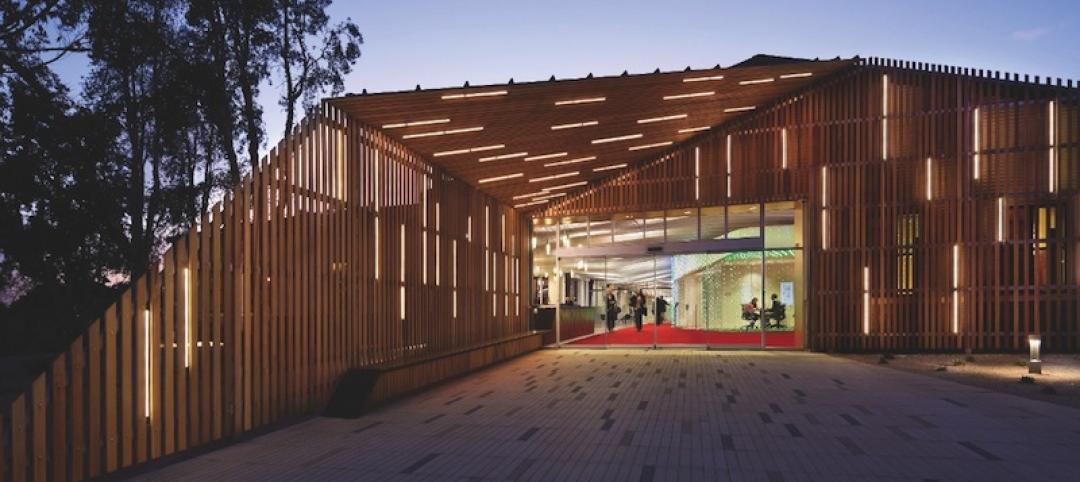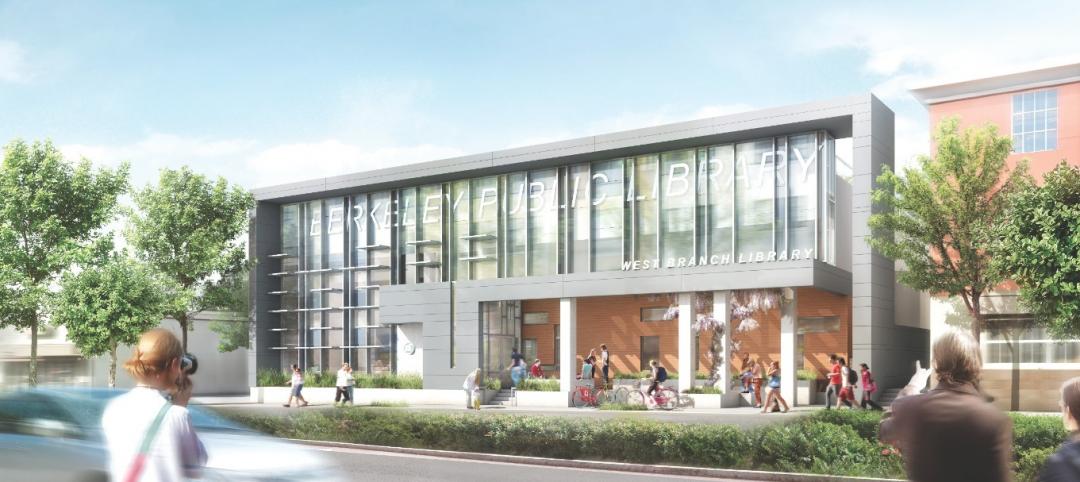In the summer of 2009, the Hudson Community School Board (Iowa) approved a major project upgrade, renovating the high school’s original DDC system with the expert help of their local Siemens Solution Partner.
Client Objective
The building’s original 12-year old HVAC system was barely functioning. Faulty and unpredictable, it not only created a less than desirable learning environment, but made troubleshooting of mechanical or controller problems very difficult—costing hundreds of thousands of dollars in wasted time and money over the years.
A Siemens Solution Partner with decades of experience in improving building performance was selected for the job. The project began in early July, with the need for completion by late August, before the return of the high school’s 286 students.
The Siemens Solution Partner proposed the open TALON with BACnet Building Automation System for the 60,000-sf facility, which contains 25 classrooms, a multipurpose room, media room, auditorium, and gymnasium. TALON with BACnet enables a smooth integration with other systems, creating more integration flexibility than other systems on the market.
The TALON system, created to improve every aspect of building automation, would provide the school with the best integration of today’s technology and keep it open for future technology and new products.
The Best Total Solution Approach
TALON seamlessly linked into the high school’s existing infrastructure, giving budget-conscious administrators an immediate appreciation for its cost effectiveness. Its integration power, open architecture, and BACnet software made the TALON system an investment that will continue to pay the school district back for years. Future system integration opportunities include HVAC, lighting, power, process, fire/life safety, and security/access control.
Since TALON makes the necessary connections between systems, it can link the entire district, managing buildings as a whole, not as disparate systems—all from a single workstation. The system can be monitored and controlled from any Web-enabled device, maximizing staff productivity and building performance and minimizing disruptions to events inside the facility.
Contact Info:
For more information, contact Phil Dlatt, 847-941-6033, phil.dlatt@siemens.com; www.usa.siemens.com/talon
Top Honors for High-Performing Control System
Following the completed work, Hudson High School now boasts a state-of-the-art, fully integrated building automation system that incorporates DDC for energy management, equipment monitoring, and control.
The improved control system at Hudson High School has successfully impacted the learning environment, the bottom line, and the buildings most important function: providing a comfortable learning environment for children and teachers.
Related Stories
| Jul 16, 2013
Robotics: A new way to demolish buildings
A robot prototype uses water jets to break up concrete structures and then sucks up the water and debris for reuse and recycling.
| Jun 18, 2013
Report: HVAC occupancy sensors could slash building energy demand by 18%
Researchers at the DOE's Pacific Northwest National Laboratory conclude that significant energy savings can be achieved by varying ventilation levels based on the number of people in a given space.
| May 28, 2013
LED lighting's risks and rewards
LED lighting technology provides unique advantages, but it’s also important to understand its limitations for optimized application.
| Apr 15, 2013
Advanced lighting controls and exterior tactics for better illumination - AIA/CES course
To achieve the goals of sustainability and high performance, stakeholders in new construction and renovation projects must rein in energy consumption, including lighting. This course presents detailed information about lighting control strategies that contribute to energy efficient buildings and occupant well-being, as well as tips for lighting building exteriors effectively and efficiently.
| Apr 8, 2013
Most daylight harvesting schemes fall short of performance goals, says study
Analysis of daylighting control systems in 20 office and public spaces shows that while the automatic daylighting harvesting schemes are helping to reduce lighting energy, most are not achieving optimal performance, according to a new study by the Energy Center of Wisconsin.
| Apr 1, 2013
Half of building owners use 'smart' technologies, says survey
A survey of 291 building owners by IDC Energy Insights shows that 50% of owners use smart building technologies, such as HVAC controls, lighting controls, and analytics/data management.
| Mar 27, 2013
Small but mighty: Berkeley public library’s net-zero gem
The Building Team for Berkeley, Calif.’s new 9,500-sf West Branch library aims to achieve net-zero—and possibly net-positive—energy performance with the help of clever passive design techniques.
| Feb 8, 2013
5 factors to consider when designing a shade system
Designing a shade system is more complex than picking out basic white venetian blinds. Here are five elements to consider when designing an interior shade system.


